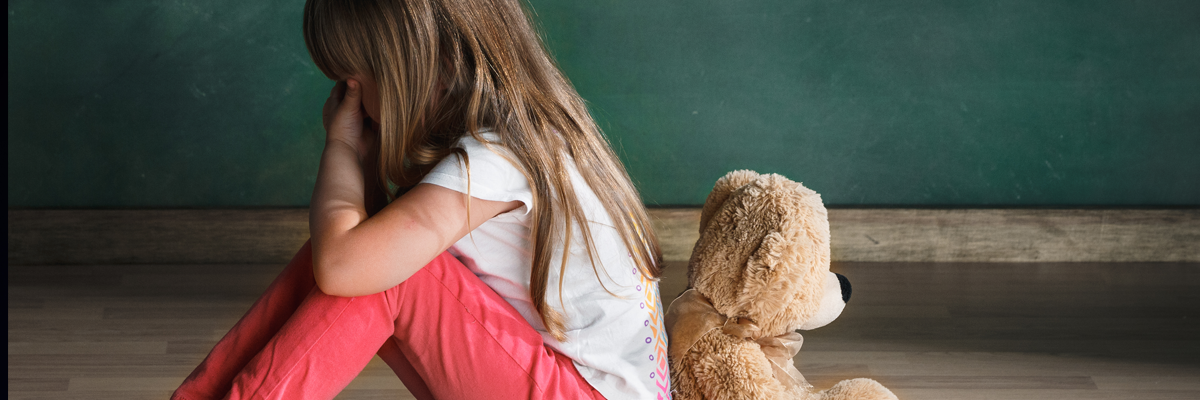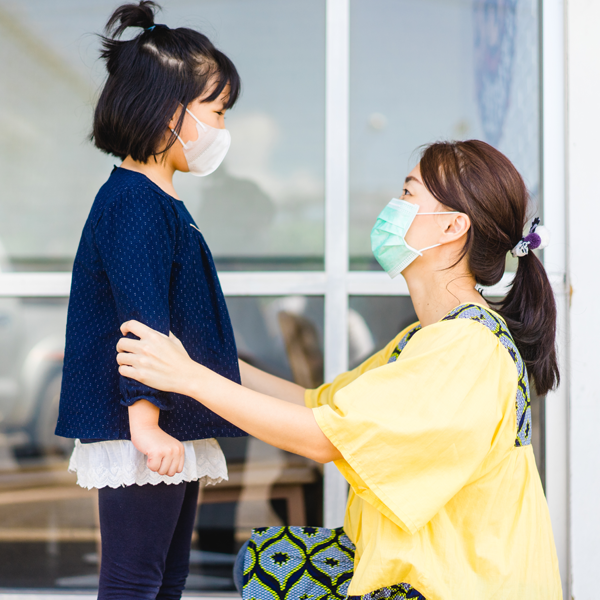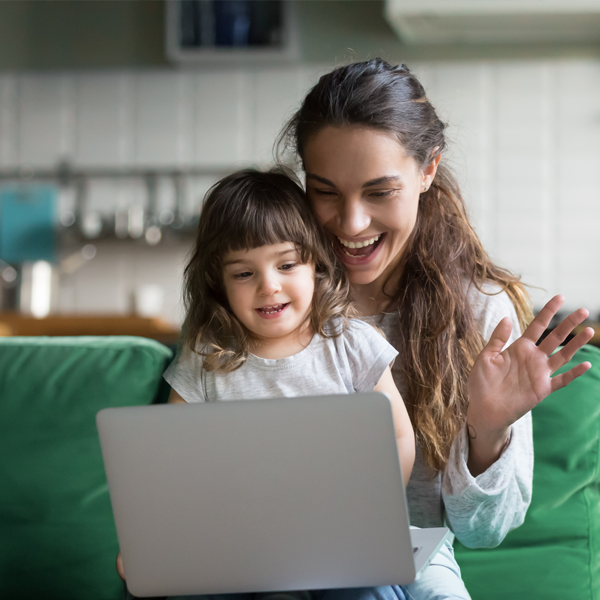Taking care of children’s mental health and emotional health during COVID-19

The COVID-19 pandemic has forced people to distance themselves from their near and dear ones. It has constantly put us through a feeling of uncertainty and doubt and with all the news around it, has just added to the already looming stress and anxiety.
As the pandemic rages, self-isolation and social distancing are the only ways to contain the spread of the virus. In the last six months, families, particularly those with children, have mostly stayed indoors with minimum or no exposure to the outside world. With day-cares, schools and even offices shifted indoors, families have spent all their time together.
With everything around them unfolding so suddenly, children, in particular, are experiencing a wave of change – sudden separation from their friends and teachers, not being able to step out to play or go to school – has increasingly left them stressed and anxious. Somewhere, living with the new terms and conditions have taken a toll on the emotional and mental health in children.
This is the time, when parents need to play a vital role in protecting their children’s mental health. Parents must have a healthy and open conversation that guides them to prepare for the uncertainty and reassure them that this is all temporary.
Dr Sulata Shenoy, psychologist and director of Turning Point, Centre for Psychological Assessments, Therapies and Counselling, agrees to that and says, “Children are mainly getting affected because it was like a holiday time for them but now many of them are wanting to get back to school. Children too long for certainty and a structure or routine, just like adults. Unfortunately, we are unable to give them any of these.”
She adds, “In the initially phase of the pandemic, people were eager about a lot of things such as the work from home and online schooling scenes, but now as we have past several months into COVID-19, we have understood that this is something that we have to deal with for a longer time.”
She observes that most kids after these many months of being indoors have started showing signs of restlessness and anxiety.
However, unlike in adults, where an issue is clear, in children, it is difficult to find out the underlying psychological cause because they manifest quite differently, she says.
How can parents help children?
Parents can play a rather important role of a stress-reliever and soothe the problems of children. To begin with:
- Give your child a realistic explanation of the current situation, just to make sure they have got it all right. However, while doing so, make sure you are calm and relaxed yourself.
- During these times, being overprotective and keeping them completely indoors may sound like the right thing to do but that’s not what can actually help. Give kids their space, maintain some balance. Parents should understand that children cannot be kept indoors for months together, especially now, when kids are going through a different kind of turmoil.
- Set up a robust routine for the kid. Some kind of structure is essential for them to be disciplined. Design the routine in a way that it includes time for a child’s recreational activities also.

Red Flags to Watch Out For:
Keep a close eye on the subtle but definitely not passable signs of an anxious child. Here are the red flags you should lookout for:
- Look for any changes in their biological functioning such as sleep pattern, appetite, personal hygiene.
- While observing that, it is also important to check on their change in personality like being cranky and irritable most part of the day, lack of interest in things they were once intrigued by and so on.
- Look out for emotional cues and talk to them about it. Behavioural changes can also give away signs of being affected. For example, a child who used to be calm and composed has now a very different attitude, or a child who was social has now become withdrawn.

Managing stress and anxiety in children
- Provide right to information. Talk to them about the real situation and make them aware of what is happening around them. This will make them accept the truth fast.
- Reassure that this is all temporary and will pass soon.
- Talk to your child in case you notice any behavioural changes. Try to find out the cause of worry. Make them feel protected and safe.
- Keep them in contact with their friends via video calls or phone calls.

- Make a routine but make sure there is enough room for recreational activities.
- Keep them physically active. Regular exercise or yoga can help your child deal with stress and anxiety.

Covid-19 pandemic is not just a threat to human life, but it has changed how human should live. Social distancing, use of hand sanitisers, face masks, and washing hands frequently are just a few lifestyle changes Covid-19 has brought with it.
All these changes may be difficult for a child to grasp. As parents, we need to understand that childhood is a critical phase and if children’s problems are not addressed, it can leave a deep impact on a child’s mental health. Thus, parents should connect with them emotionally and understand what is bothering them. Keep the conversation open and realistic.
Tell us how you are managing your child’s stress and anxiety during these times. You can also visit www.nobrokerhood.com to see how we can help you stay COVID-19 free.